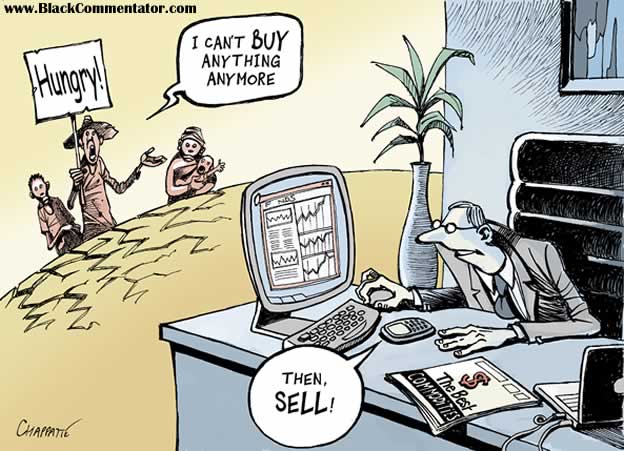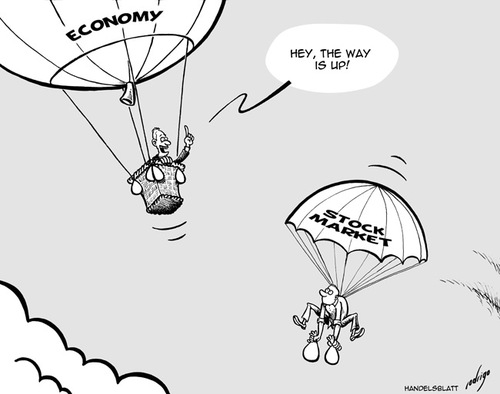
This week has been about credit, and has been vitally important. We learned about the different types of credit, and how the credit report can document basically everything from high school on. We learned it is very important to make the right decision early on in life to prevent decreases in credit score later on. This credit score will affect many things a person do later on in life, such as getting loans from banks, buying a car and starting a job. The ideal credit score is Very Good or Excellent. A bad credit score will prevent you from getting basically everything. I'm actually glad this class is required, as it really teaches us important information to know later on in life.







